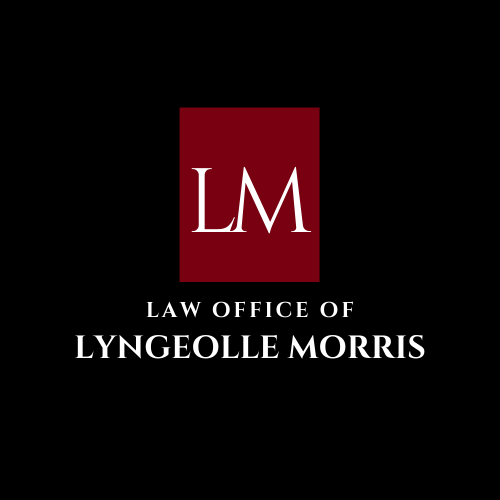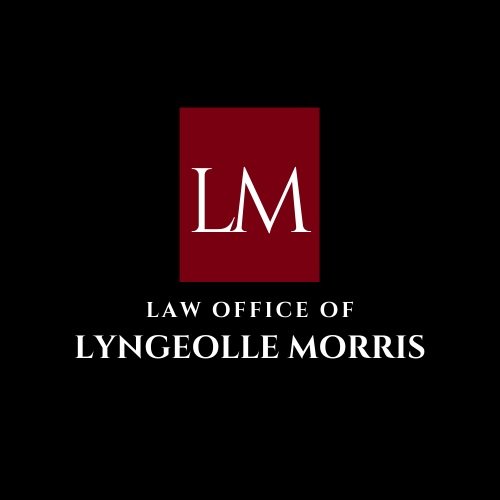Ten Estate Planning Terms You Should Know
Estate planning is something every adult should think about.
Estate planning can help you accomplish a number of goals, whether it be providing how and to whom you would like to distribute your estate when you pass away, appointing guardians for minor children, and even sharing your most prized values, beliefs and memories to your loved ones.
Planning your estate can be an overwhelming topic to dive into.
To help you get started, here are some important terms you should get acquainted with as you begin the process of thinking about your own estate plan.
Assets
This includes anything a person owns, including real estate, bank accounts, life insurance, investments, jewelry, art, furniture, clothing and collectibles.
Beneficiary
A person or entity that receives a beneficial interest in something, such as an estate, trust, account, or insurance policy.
Distribution
This is the payment to the beneficiary, individual, or entity who is entitled to receive it, whether in cash or assets.
Estate
All assets and debts left by an individual as at the date of his or her death.
Fiduciary
A person with a duty to act primarily for another person’s benefit (e.g., a trustee or agent). The term ‘fiduciary’ implies there is a significant level of trust and a high degree of good faith.
Incapacitated
An individual who is unable to manage his or her own affairs, usually in the case where the said individual has a lack of mental capacity, either on a temporary or permanent basis.
Inheritance
These are the assets received from the individual who has passed his or her estate.
Probate
A court-supervised process of administering the estate of the deceased to ensure the estate of the deceased is settled and the assets are distributed to beneficiaries according to law.
Trust
A fiduciary relationship in which one party, known as the settlor, gives another party, known as the trustee, the right to hold property or assets for the benefit of another party, the beneficiary. The trust is generally memorialized by a written trust instrument, outlining how the trust assets will be distributed to the beneficiary.
Will
A written document with instructions for disposing of assets after death and any other wishes as to how the estate is to be distributed or managed. After the death of the testator or testatrix (a person who executes or signs the will), the will is enforced through probate.
If you have any questions about the estate planning process or would like to find out more about how our office can address your unique needs and goals, please contact our office by clicking here.


